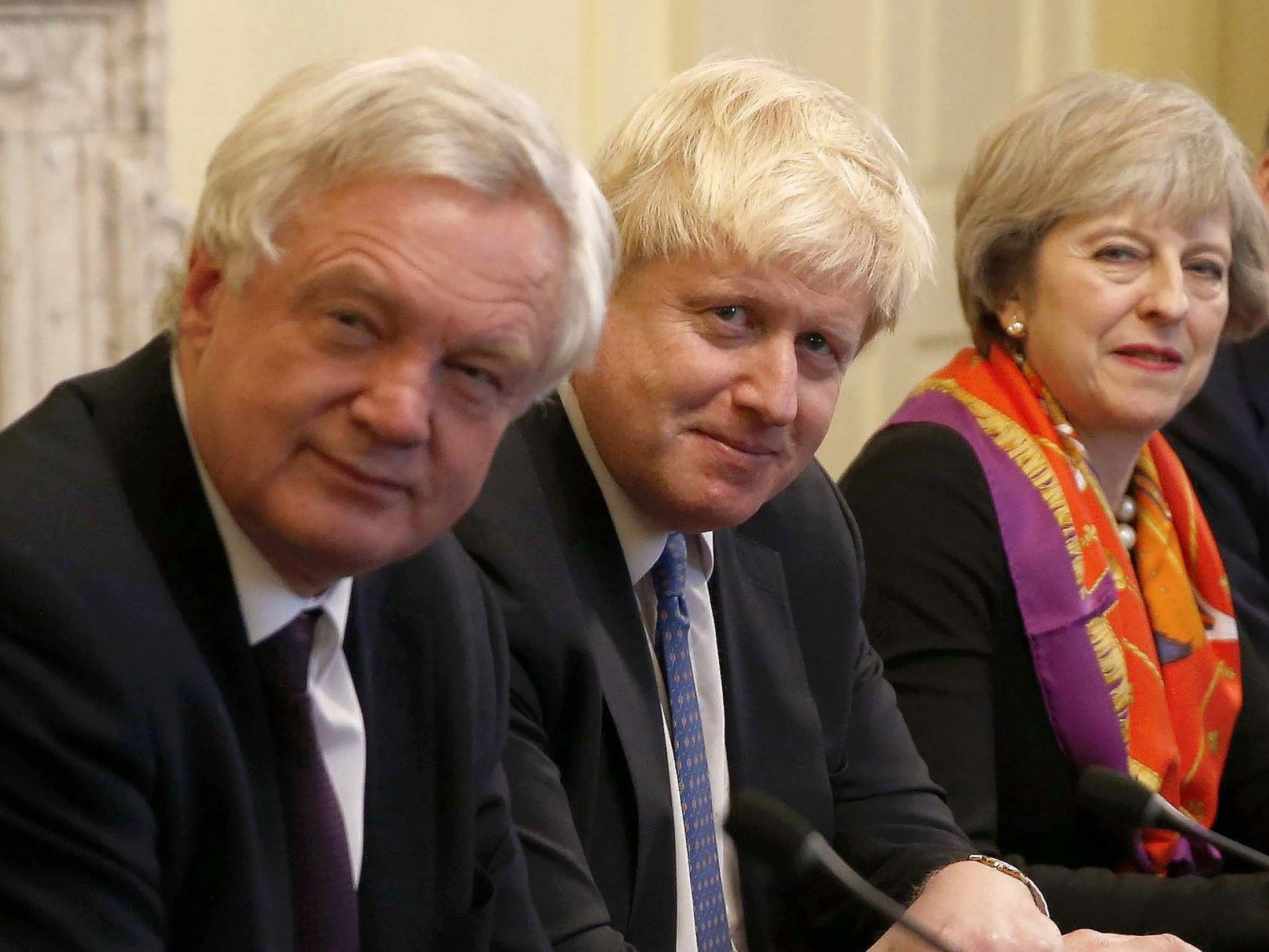Investors warned not to panic over Westminster chaos
Hold tight: what to do when portfolios meet politics

It’s hotter than the sun, the national sport has brought us to the brink of emotional destruction, the stock market is dancing around its all-time high and every cultural reference seems to be based on Love Island.
You’d be forgiven for feeling a bit out of control this summer.
Now, in amongst the nationwide giddiness, the government is imploding, taking with it the only thing the country has been talking about for two years – Brexit.
With Westminster in turmoil and speculation over another general election bubbling, it would be easy to start making snap decisions on everything from moving abroad to buying bottled water, tinned goods and a trebuchet and hunkering down until the madness subsides.
When it comes to your money, there is one message coming out of every financial expert’s mouth this week. Don’t panic.
But a few people reworking their career aspirations couldn’t possibly have an effect on our savings, investments, pensions and even holiday money. Could it?
Sterling
The pound shrugged off David Davis’s exit but wobbled badly as Boris Johnson registered his protest about last week’s Chequers plan for Brexit.
“The Tory cabinet reshuffle leaves many investors questioning ‘what next’ for the pound,” says Miles Eakers, chief market analyst at Global Payments.
“Sterling’s recovery suggests a soft Brexit deal is more likely. While the sudden selloff after Boris Johnson’s resignation was more to do with a potential leadership challenge, with a no confidence vote in Theresa May abated, the Brexit political waters look to be calming down.
“It’s unlikely to be the last we hear from resigned former ministers Johnson and Davis, which means sterling will face further volatility. But more worrying is that this deal has stirred such a storm before it was presented to the EU.
“Should the latter push for further concessions on soft Brexit, which it is likely to do, it could trigger further rebellion within the Tory government. It will also cause sterling to selloff, followed by a potential vote of no confidence,” he adds.
“However, for now, my focus remains on the below-the-forecast industrial and manufacturing data released this morning, coupled with sluggish GDP growth. The data is unlikely to put additional pressure on the Bank of England to hike interest rates, and it’s not surprising that the pound weakened.”
Investments
But while sterling fell at the news from Westminster, the stock market rose.
“This instantly took us back to the classic, post-EU referendum playbook of ‘pound down, Ftse 100 up’ as the multinational-packed index saw firms with substantial overseas assets and earnings, such the miners, the oils and dollar-earners such as Melrose and Micro Focus to the fore,” says Russ Mould, investment research director at AJ Bell.
The chances are that such gains are a reaction to the falling price of the pound rather than a positive assessment of the week’s event. Weaker sterling makes UK assets cheaper. And a broader “loss of nerve” could present further buying opportunities.
“Patient investors who remain confident in the operational and strategic merits of their portfolio picks may even assess the levels at which they would look to acquire good, well-run assets cheaply should a marked market decline present such an opportunity,” Mould suggests.
“Politics may dictate near-term sentiment and share prices but it is profits and cash flows that dictate long-term value and any disconnect between the two could present investors with an opportunity.”
The key question to ask when assessing an individual stock is would a change of prime minister, or even a change of government from Conservative to Labour, affect demand for a particular company’s products or services, or its ability to charge the price it wants customers to pay?
“If the answer is ‘no’, then any share price weakness could be a buying opportunity. If the answer is ‘yes’, then investors need to work out why and how bad the impact could be and whether it is already priced in,” Mould adds.
Hold your nerve
“For the UK private investor, this [week’s events] obviously increases uncertainty, but it’s something we have already become used to over the last two years,” says Helal Miah, investment research analyst at The Share Centre.
“During this period, investment returns have not been the disaster that some had feared as a result of Brexit. As it stands, we do not think that UK investors should be panicking and therefore there is no need to make wholesale changes to their portfolio.”
Join our commenting forum
Join thought-provoking conversations, follow other Independent readers and see their replies
Comments
Bookmark popover
Removed from bookmarks